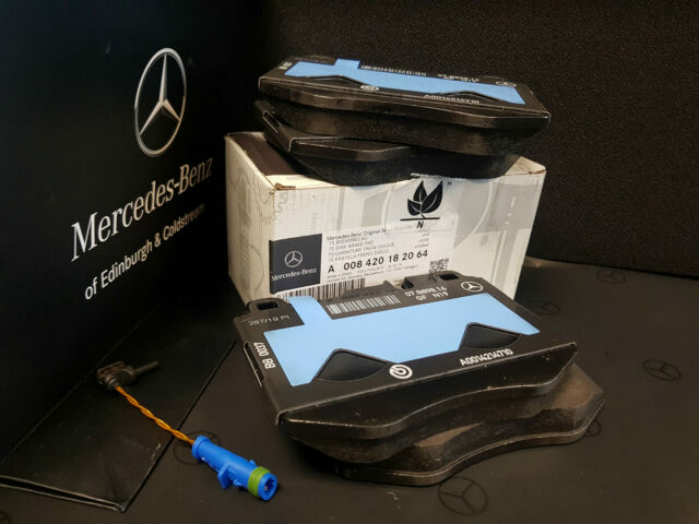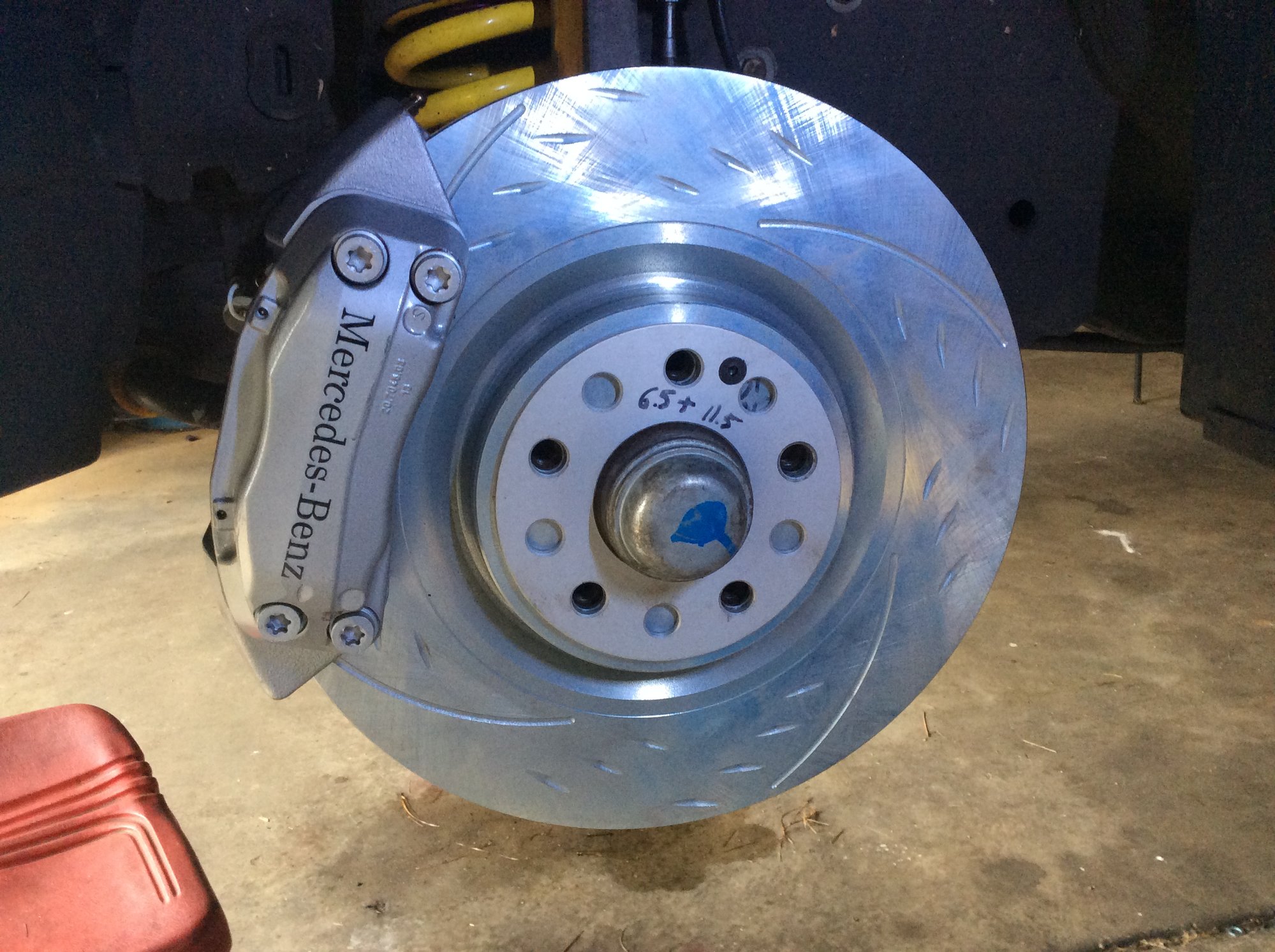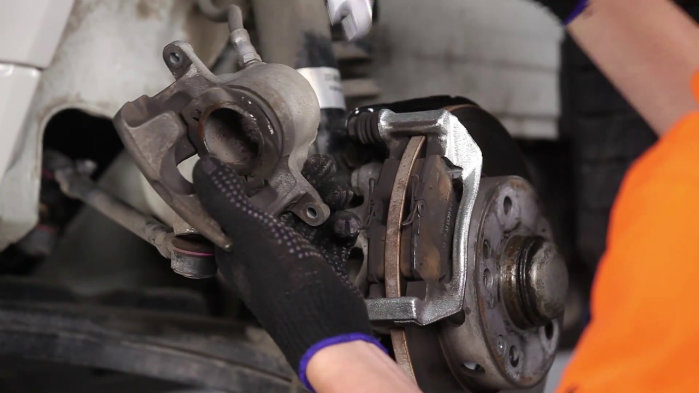Mercedes has long been a manufacturer that provides customers with vehicles that offer good safety features. Mercedes has always put safety alongside with comfort at the forefront. Owning a Mercedes means that you own a whole package of innovations that has been paired with phenomenal artistry to aid the driver and keep them safe whilst doing so. Newer Mercedes models now have the same performance levels but with less fuel consumption which makes them cost-efficient.
This prestigious car brand keeps its resale value high for a long time too. But despite being known as a manufacturer that leads in passenger safety it is till important to keep an eye on certain things yourself. One of which are the brakes. Car brakes like the majority of vehicle components need to work at a top level. Not being able to do so is not only unsafe but it can also affect and damage other parts. One of the more important parts that is responsible for the proper functioning of a braking system is the brake pad.

How Long do Mercedes Brake Pads Last?
Usually most Mercedes brake pads will last you anywhere from 48000 km to 110000 km, depending on your driving habits. If you drive in heavy traffic daily and use your brakes often, you’ll need to get a new Mercedes brake pad more frequently.
How do Mercedes Brake Pad Sensors Work?
A Mercedes brake pad sensor works by breaking up a complete circuit when the pad has been worn out enough. The sensor gets in contact with the brake rotor and a warning light comes up on the dashboard. This indicates that your Mercedes brake pads need to be changed.

Taking Care of Brake Pads & Systems
Check
In order to keep your pads working at their best and change them less frequently there are some thing you can do. The first thing is to check the pads and rotors on a regular basis. This way you can detect certain issues beforehand and fix them on time. This equates to less repairing and lower maintenance costs too. Whilst driving you can also check how the brakes and brake pads act. If for example, the brake should feel solid when you press on the pedal, you need to listen for any unusual sounds too. Observing the engine compartment is a good way to ensure that your baking system operates properly. This way, you can check for oil and add if there isn’t enough or detect a leak too which is known to cause even bigger issues.
Flush
One type of fluid other than the oil that needs special attention is the brake fluid. This type of fluid is important to keep the braking system running smoothly. To ensure that you’ll need to flush it. This will refresh the brakes as new fluid is being pushed through the lines.
Driving Habits
Something that requires less dirty work and more attention on the road are your driving habits. You should avoid stopping suddenly or too late as well as speeding up to stop at a stop sign. It’s best that you travel at ample speeds and use the brake as less as possible. Of course, don’t avoid using it for the sake of safety.
Warning Signs of Brake Problems

Sounds
Any screeching grinding and squealing noises that pierce right through your eardrum are strong indicators of worn brake pads. These occur when you apply the brake pedal and they shouldn’t be left unattended, This can cause damage to other components such as the rotors and make for more expensive repairs.
Vibration
Vibrations that appear in the pedal or steering wheel indicate that a rotor is warped or area bout to get warped. If your rotors are warped, the metal on metal grinding can lead to costlier repairs which is why you need to visit the nearest mechanic as soon as you experience these vibrations and pulsations.
Smell
A pungent burning smell coming from the tires or near them is the worst thing that could happen to the brakes. This means that the braking system is at a great risk and could potentially cause an accident which is why it is recommended that you visit a mechanic as soon as you notice the odour.
Pedal
A soft or spongy pedal means that there is air or moisture in the braking system or with the master cylinder. If your Mercedes has power brakes the pedal should stop anywhere from 2.5 cm to 4 cm from the floor. If your Mercedes pulls to the side when you hit the pedal there are issues with the calliper or a brake hose has gone bad.
Fluid
If your brake pedal is soft, then you should also check under your vehicle. This could also mean that there fluid leaking from the master cylinder. Even if you don’t see any on the ground you should still bring your Mercedes to a technician to check the cylinder since it has the reservoir that contains the brake fluid.












